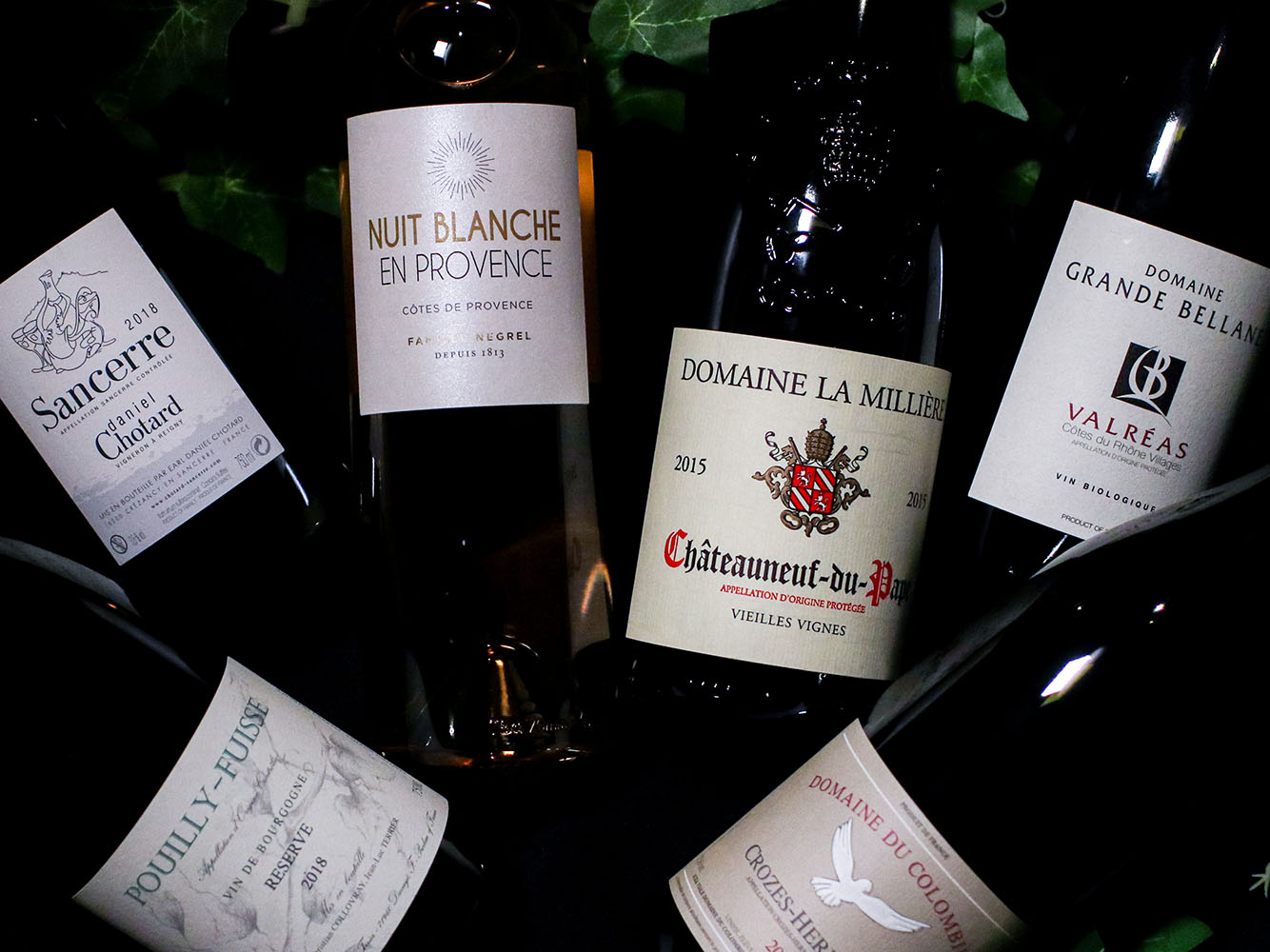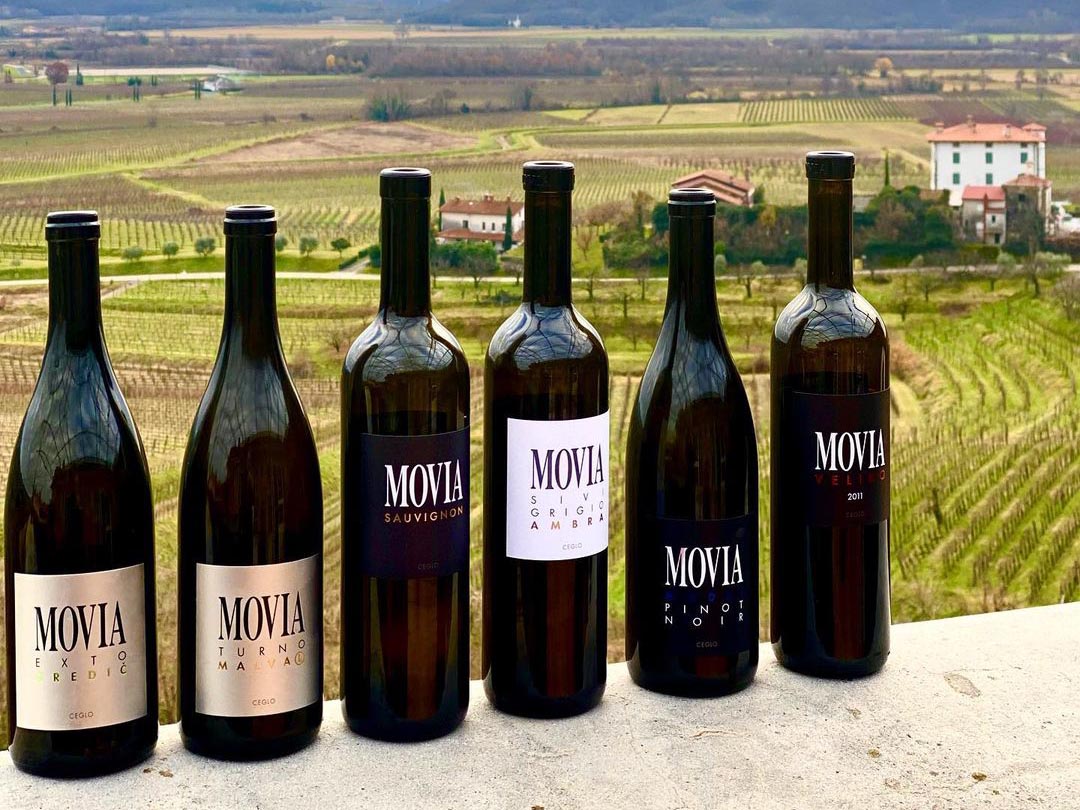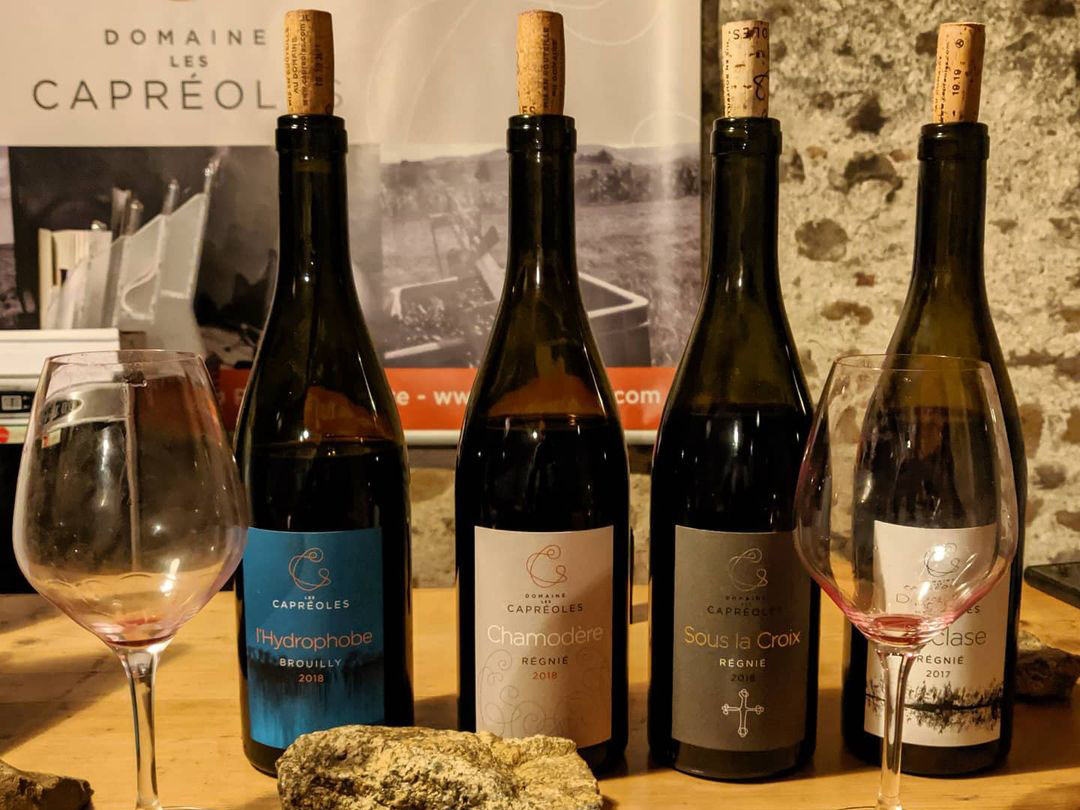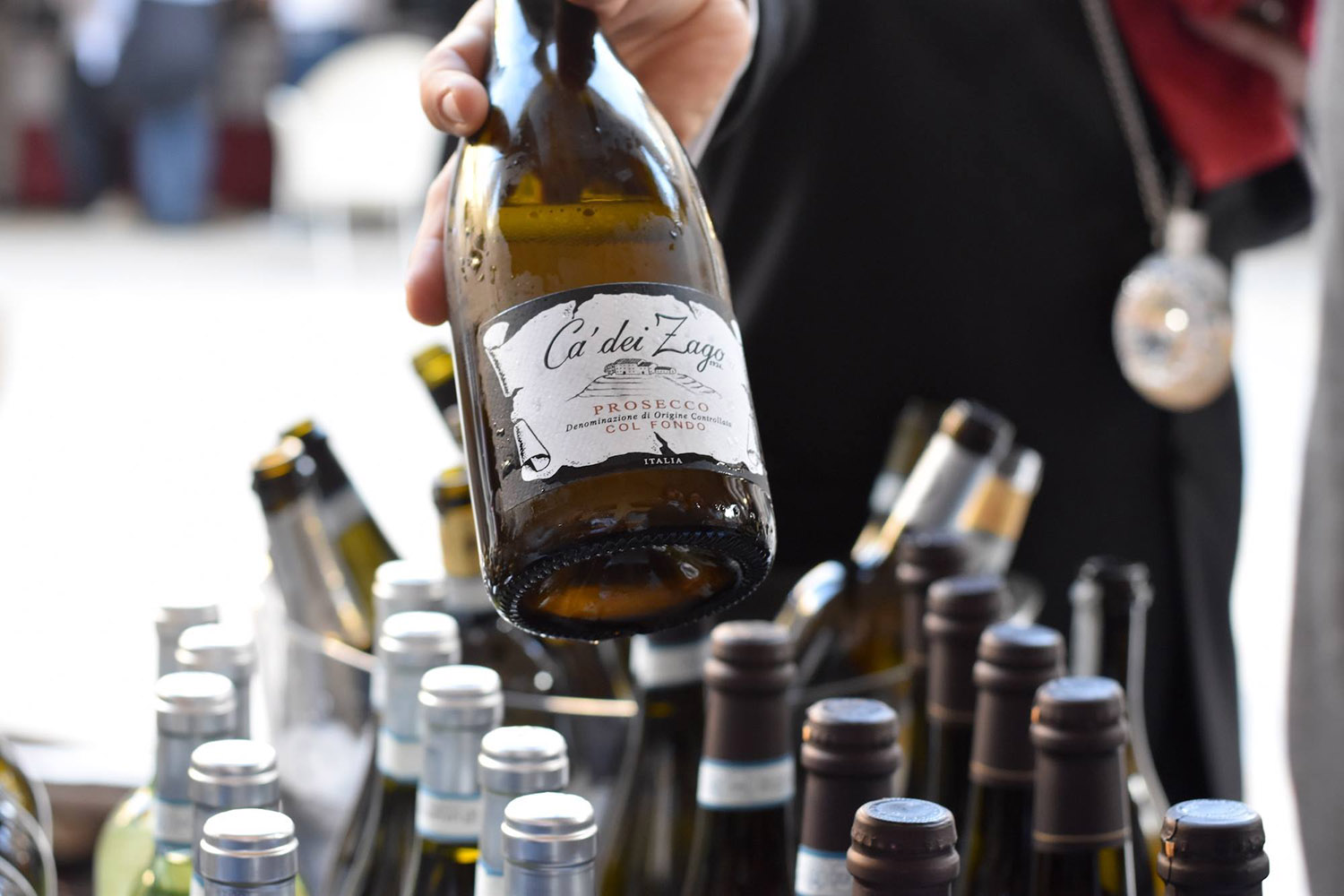Defining Vegan wines is quite simple – They are basically wines without the use of any animal or meat products. We all know wines are made from fermented grape juice. Yeasts then convert the grape juice sugars into alcohol. These seem to be rather vegan-friendly at this point. Though if we delve deeper into various aspects of winemaking, there is more below the surface…
The reason that all wines are not vegan or even vegetarian-friendly has to do with how the wine is clarified and a process called ‘fining’. All young wines are hazy and contain tiny molecules such as proteins, tartrates, tannins and phenolics. These are all-natural and in no way harmful. However, we wine-drinkers like our wines to be clear and bright.
Most wines, if left long enough, will self-stabilize and self-fine. However, traditionally producers have used a variety of aids called ‘fining agents’ to help the process along. Fining agents help precipitate out these haze-inducing molecules. These fining agents are usually made from animal-derived products, which then makes the wine off-limits for vegans.
In most cases, natural and biodynamic wines tend to be vegan-friendly due to their winemaking processes – most of these wines are ‘un-fined’ as fining tends to strip out a lot of the natural components of the wine which ultimately add to its flavour, texture and authenticity.
It is not easy to identify vegan-friendly wines, as most of them will not have such specifications labelled on the bottles. It may be best to dive into the specifics of winemaking by each winery, so as to be absolutely sure that no animal-derived products are used in winemaking.
Here at The Providore, we recommend some of our Vegan-friendly wineries:
